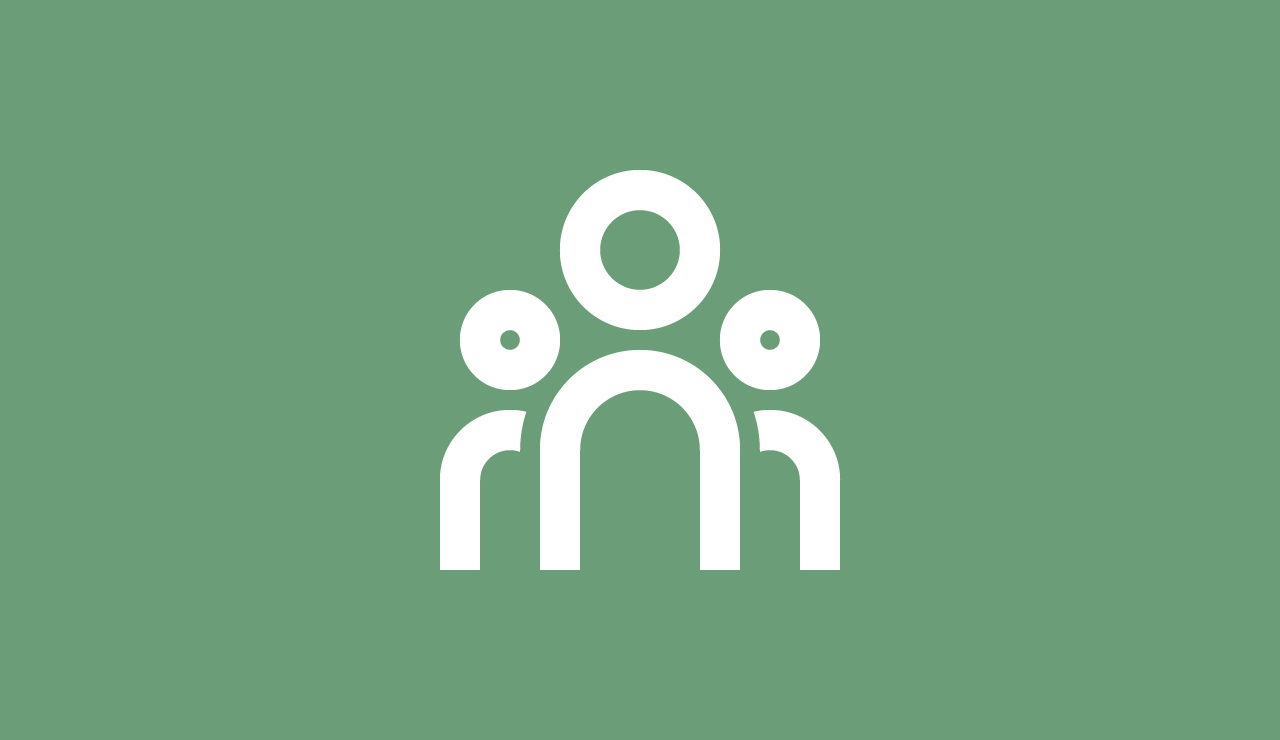
We see education as a human right and work closely with Teach For Thailand, whose aim is for all children in Thailand to have an equal education. Together, we created an innovative new application tracking platform using no-code to help Teach for Thailand effectively manage over 1000 applications per year, recruit more teachers and reach more students.
Teach For Thailand’s goal is to ensure all Thai children receive equitable quality education and can shape their future, by recruiting talents to teach in high-need schools, thereby exposed to the real education problem and creating fast-track leadership paths for them who will later join the alumni network that affect the change in education. However, its Salesforce platform was proving tricky to customize and maintain within their budget and featured a lengthy and non-user-friendly application form for candidates. Key features were only available by upgrading which would have incurred considerable, ongoing costs. A more flexible – and scalable – ATS (Application Tracking System) solution was called for.
We based the new application tracking system on the bubble.io no-code project web app builder – a faster, cheaper solution that was fit-for-purpose. We customized everything from the UX to the self-managed application page for candidates, the interview scheduling and scoring, and assigning schools to successful candidates, resulting in a slicker experience all round. And, crucially, because no coding is needed, the Teach For Thailand team can handle the maintenance themselves – without the need for training.
Before the new platform was implemented, Teach For Thailand could recruit 50-60 fellows a year from 500 applications. Now, following implementation, they are aiming to recruit 100+ teachers a year, and can continue to scale. Teach For Thailand now fully owns its data and is planning to use it in new ways, such as linking candidates’ competency data with their actual teaching performance measures to help refine recruitment processes and support recruits.

The no-code model is one that Thoughtworks is hopeful could have an impact on other not-for-profits, who often face similar challenges when it comes to digital transformation. Off-the-shelf, English-only software limits their solution options. Budgets and in-house coding skills can be limited. And the more customized the solution, the bigger the maintenance headache. For other forward-looking organizations like Teach For Thailand, no-code could be a real win-win.
Disclaimer: The statements and opinions expressed in this article are those of the author(s) and do not necessarily reflect the positions of Thoughtworks.


















